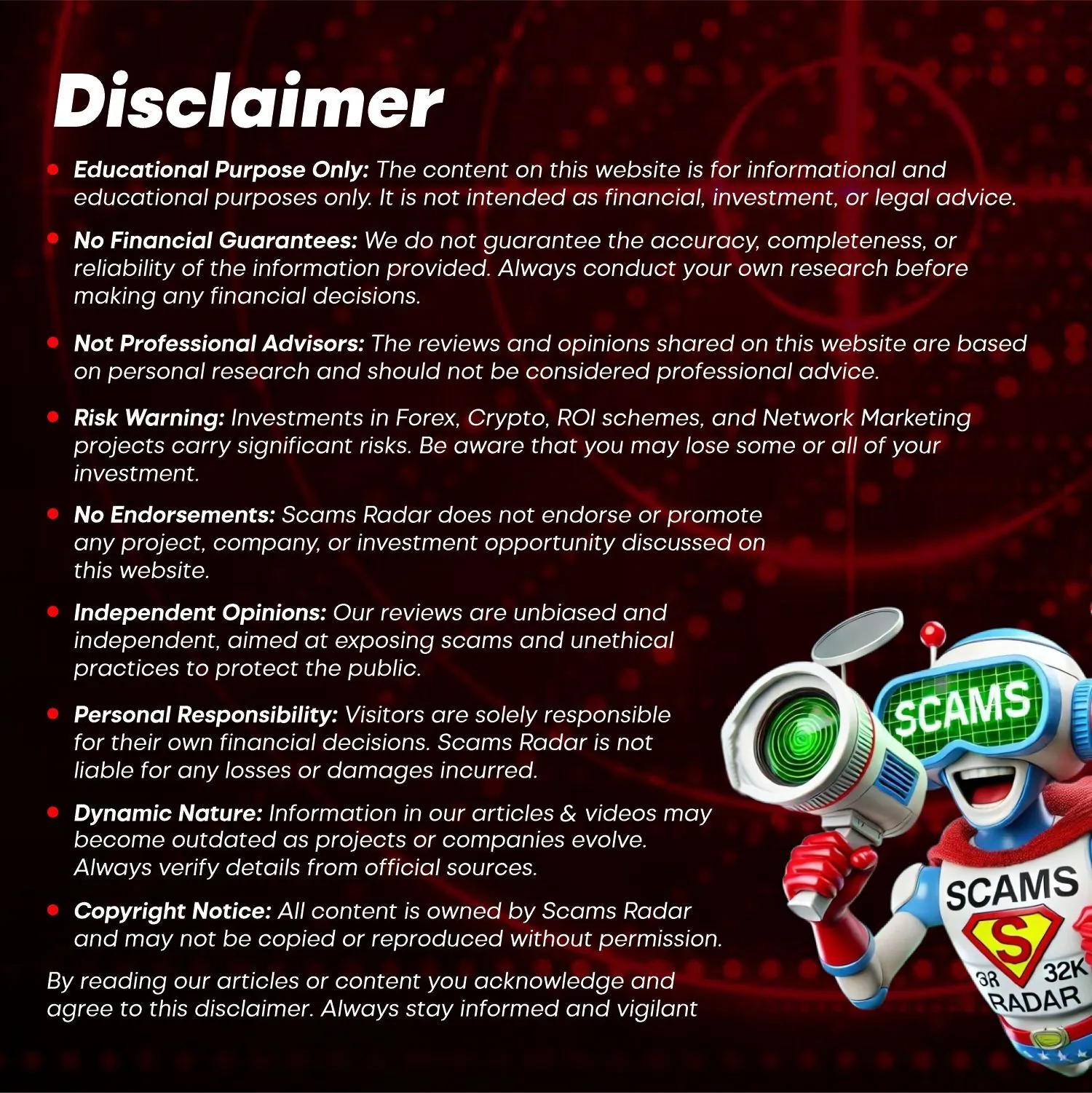TSSB’s Billionico/Auratus Fraud Order Dismissed, Josip Heit Challenges Jurisdiction
On July 1, 2025, the Texas State Securities Board (TSSB)’s emergency cease and desist order against Billionico and Auratus, issued April 22, 2024, was dismissed by the State Office of Administrative Hearings (SOAH) for lack of jurisdiction, as reported by BehindMLM. The order targeted Billionico Academy, Auratus (a Hong Kong shell company), and individuals including Josip Heit, Daniel von Lison, Frank Deyle, Christian Cruz Riander, Marina von Lison, Scott Ifionayi, Christopher Peacock, and Terry Lee for offering unregistered securities tied to a digital gold vault promising passive income via blockchain. SOAH ruled that TSSB failed to demonstrate sufficient Texas contacts, citing only a single March 2024 communication attempt with Riander, who declined to engage. The dismissal followed a June 6, 2025, Special Appearance and Motion for Summary Disposition (MSD) by nine respondents, arguing no securities were sold in Texas, though TSSB’s evidence of fraud was not directly challenged.
Josip Heit’s Role and Regulatory Context
Billionico and Auratus, spinoffs of Josip Heit’s collapsed GSPartners Ponzi scheme, emerged in early 2024 as reboots offering unregistered securities, blocked Texas residents by May 1, 2024, after TSSB’s order. GSPartners, a $1 billion MLM crypto fraud, collapsed in December 2023 following North American regulatory actions, including TSSB’s November 2023 cease and desist (ENF-23-CDO-1879). Heit settled with regulators in September 2024, agreeing to refund investors in states like Texas and Alabama, though BehindMLM reports no confirmed refunds outside these jurisdictions, with 1,501 victim claims submitted by May 22, 2025. Heit’s new ventures, Apertum Foundation and DAO1, face a TSSB fraud order (ENF-25-CDO-1889, March 20, 2025), with a hearing set for October 20-24, 2025, leveraging the Billionico/Auratus dismissal to argue lack of jurisdiction.

Jurisdictional Arguments and SOAH Ruling
The SOAH dismissal hinged on TSSB’s failure to prove general or specific jurisdiction over the nonresident respondents. General jurisdiction requires “continuous and systematic” Texas contacts, while specific jurisdiction needs evidence of targeted activities in Texas. The TSSB’s order lacked allegations of such contacts, and its response to the MSD was deemed insufficient, as it argued evidence presentation was unnecessary before a merits hearing. SOAH’s Judge Sarah Starnes ruled the MSD moot but dismissed the order due to jurisdictional deficiencies. Heit’s Apertum filing on July 2, 2025, cites this precedent, claiming no meaningful Texas ties, despite TSSB alleging Apertum’s APTM token (with $1M daily trading volume) targets U.S. investors. Australia and New Zealand’s fraud warnings against Auratus and DAO1 contradict the respondents’ claims.
Future Implications and TSSB Challenges
The dismissal weakens TSSB’s immediate enforcement but strengthens Heit’s strategy to delay accountability via jurisdictional challenges, potentially allowing Apertum and DAO1 to continue operations. A GSPartners hearing is scheduled for November 3-6, 2025, requiring Heit’s in-person attendance, alongside federal investigations signaled by TSSB and BehindMLM. TSSB must provide stronger evidence of Texas contacts in the Apertum case to avoid another dismissal, especially as Heit’s shell companies (e.g., Primus Liquidity Holding, Orbit Conceptum AG) obscure operations. Victim refunds remain uncertain, with AlixPartners processing claims but no public updates post-May 2025. Heit’s Dubai base and alleged organized crime ties in Romania complicate enforcement, while TSSB’s 900+ exhibits signal a robust case if jurisdictional hurdles are overcome.

